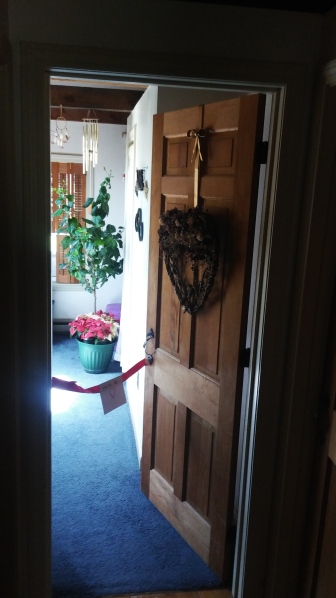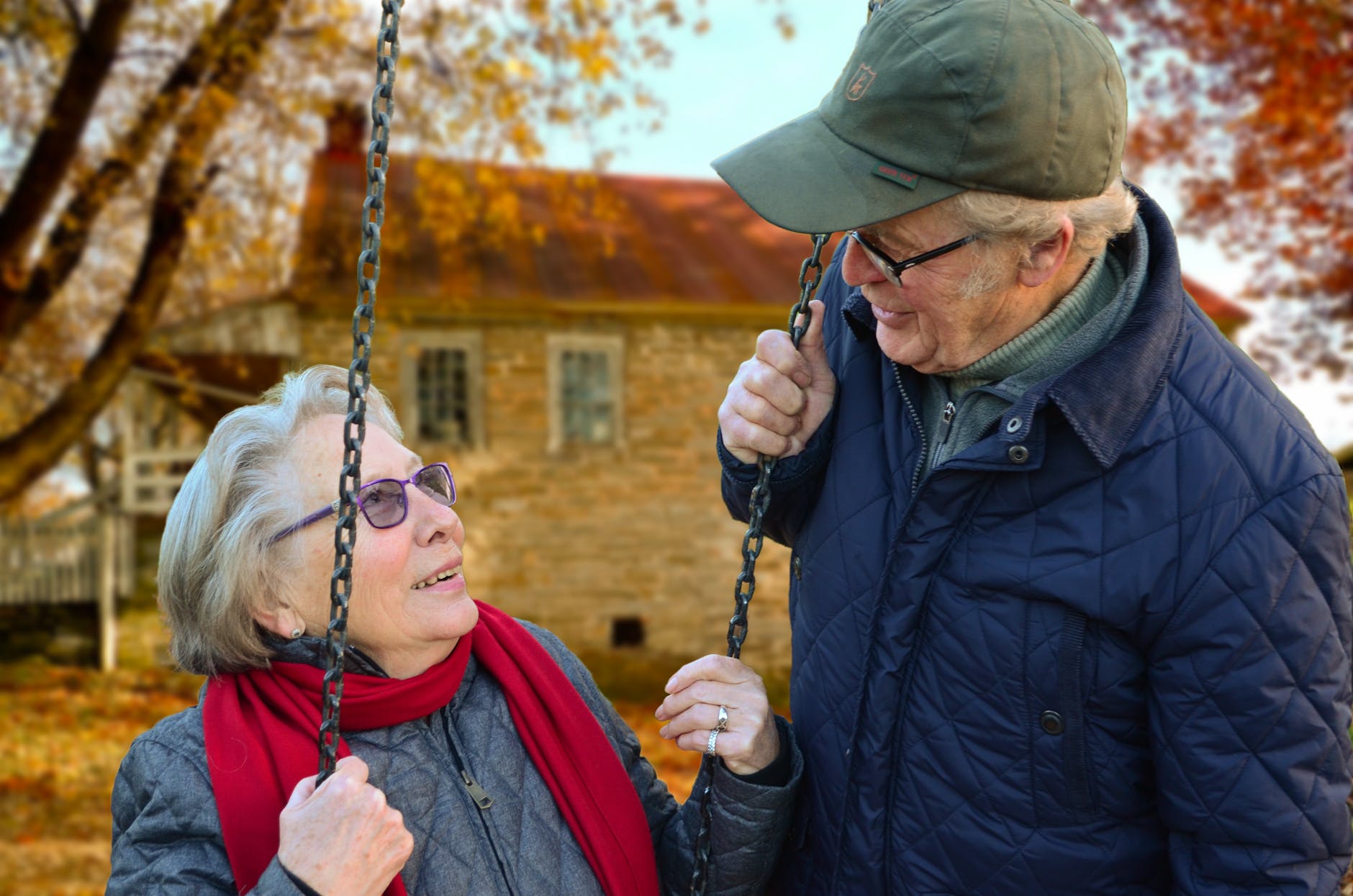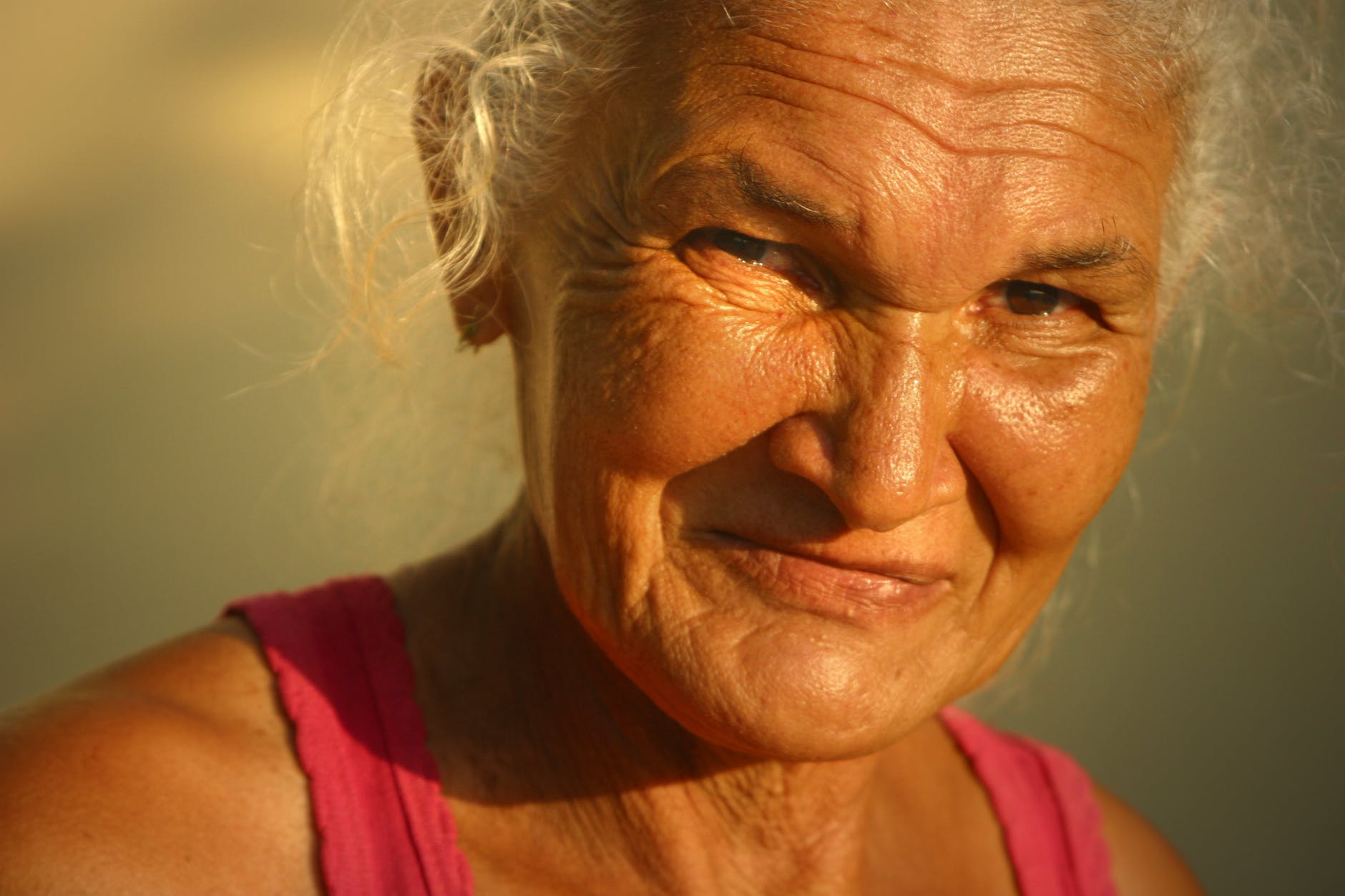Mini me-time for family caregivers
The Calm and Centered caregiver series
Family caregivers, do you find it difficult to be calm and centered? Do you have frantic caregiving days when you can’t even take a shower? Everything was urgent and in the moment for the loved one in my care. On the days when it is most difficult to be calm, that’s when you most need a chance to center yourself. Catch your breath!
You may love being a caregiver, but those that have studied caregiving know that respite, meaning taking some time off, is essential to the health of family caregivers. Respite can be a week away, but may also be daily opportunities to take some breathing room, or create some space to breathe. Support for caregivers “…may in particular be effective when it helps them to clear their head now and then, for example by offering them respite care than enables them to take a short break from caregiving.” (Oldenkamp et. al., 2016)
Finding space and time
If your caregiving work is non-stop, please consider arranging for a friend, family member or healthcare professional to take care of your loved one so you can take a break. While caring for my dad, I had 3 hours a week ‘off’ and used those rare minutes to work, or to do a household chore. WRONG! Now I know that time would have been better spent centering myself.
 In a crowded household, finding space for a breather is challenging. I tried a number of ideas, some bright and some bombs. If Dad was engaged in a TV show, I might put my headset on and listen to a guided imagery. My office door was always open, but a red ribbon with an “I love you” sign on it sometimes reminded Dad I needed a few uninterrupted moments. Climbing the stairs to the second floor provided a few moments in which I could take deep breaths and chant a mantra or affirmation.
In a crowded household, finding space for a breather is challenging. I tried a number of ideas, some bright and some bombs. If Dad was engaged in a TV show, I might put my headset on and listen to a guided imagery. My office door was always open, but a red ribbon with an “I love you” sign on it sometimes reminded Dad I needed a few uninterrupted moments. Climbing the stairs to the second floor provided a few moments in which I could take deep breaths and chant a mantra or affirmation.
Quiet time might be rare, but be on the lookout for opportunities. Are there moments you are waiting for something? Take that time to center yourself with a few deep breaths!
You have space and time – now, what to do with it?
Changing your focus from the loved one in your care to your Self can be a bit of an adjustment. Suddenly, you have a moment to yourself but you have no recollection of what you find relaxing or enjoyable. What to do? First, decide if you would best benefit from releasing stress, or from doing something you enjoy, or both. In order to be inclusive, I’ll focus on activities that are free or nearly free, and can be done where you live.
Centering with contemplative practices
Calming and centering contemplative practices are relaxing, rejuvenating, and restorative. If that’s what you need, consider taking a few deep breaths or listening to a guided meditation. You might want to do some gentle stretches or a relaxing yoga routine.
If you need to get away and just can’t, try a guided imagery about a favorite place.
Pure pleasure: Centering with aesthetic experiences
 How long has it been since you did something purely for enjoyment? If that’s what you need, consider your five senses. Look at something beautiful, listen to an audio book, music or nature sounds, taste something delightful, smell flowers or essential oils, feel the ground beneath your feet, soak those feet in warm scented water, or wrap yourself in a cozy soft blanket or shawl.
How long has it been since you did something purely for enjoyment? If that’s what you need, consider your five senses. Look at something beautiful, listen to an audio book, music or nature sounds, taste something delightful, smell flowers or essential oils, feel the ground beneath your feet, soak those feet in warm scented water, or wrap yourself in a cozy soft blanket or shawl.
Keep a basket, box, or list of things you enjoy handy, for those days you are too tired to remember what you enjoy.
Challenges
Why is taking a break or enjoying what professionals call respite so difficult? Challenges include the caregiver’s own attitudes, for example, an unwillingness to accept help. Another challenge may be a lack of other professionals or other family members to care for their loved one. Financial constraints are often an issue, given the stats on how many caregivers experience reduced earning capacity due to their caregiving responsibilities, either from quitting, being fired, reducing paid work hours, or taking leave from their jobs.
If you don’t know where to begin to find substitute care for your loved one, read AARP’s guide to finding and paying (or not paying) for respite care.
Ultimately the family caregiver must decide if they can leave their loved one in someone else’s hands. In my related blog “Substitute caregivers: respite when family caregivers need a break” you’ll find a few respite resources for those who are willing to do so.
Be a calm and centered caregiver
 Respite. Relax. Re-center. Renew. Given the heavy physical, emotional, mental, and spiritual demands of caregiving, most family caregivers could benefit from respite from their responsibilities. Be patience and persevere. Continue to create some quiet time for you. Create opportunities to listen to your Self. Slow down, pause, and be still, in order to hear your sweet inner voice. Create your healing environment, for the benefit of you and the loved one in your care. Surround yourself with what feels positive and loving.
Respite. Relax. Re-center. Renew. Given the heavy physical, emotional, mental, and spiritual demands of caregiving, most family caregivers could benefit from respite from their responsibilities. Be patience and persevere. Continue to create some quiet time for you. Create opportunities to listen to your Self. Slow down, pause, and be still, in order to hear your sweet inner voice. Create your healing environment, for the benefit of you and the loved one in your care. Surround yourself with what feels positive and loving.
Readers, what kind of respite would be calming and centering for you? What have you done to calm and center yourself that might help other caregivers?
Comment here, or
Send a comment directly to Gale, or
Share your comment with the TLC Facebook community

4 Comments
Comments are closed.